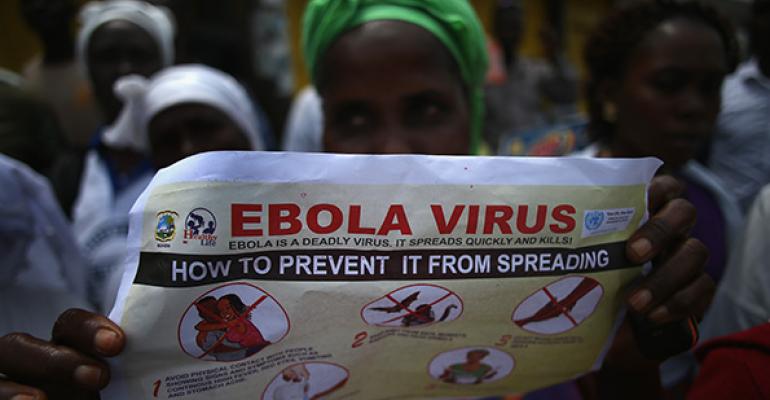On Oct. 29, 2014, the Internal Revenue Service issued two notices responding to the dire need for charitable relief to fight the Ebola outbreaks in the West African nations of Guinea, Liberia and Sierra Leone. The first provides guidelines for leave-based donation programs to aid victims of the outbreaks in those countries. The second officially recognizes the outbreaks as “Qualified Disasters” for federal tax purposes.
Notice 2014-68 offers guidance for leave-based donations. Under this notice, employees may donate their unused vacation, sick or personal days in exchange for having their employer make a cash payment, equal to the value of the donated leave, to a qualified tax-exempt organization that provides relief for victims of the outbreaks in the aforementioned countries. Under this special relief, any donated leave isn’t included in the employee’s taxable income or wages. Furthermore, employers will be able to deduct the amount of the cash payment.
This program is similar to that enacted in the wake of Hurricanes Katrina and Sandy in the U.S. It appears to offer an excellent opportunity for employees and employers alike to support a worthy cause and simultaneously recognize a welcome tax benefit, particularly this late in the year when employees can fairly accurately gauge how many of their sick, personal and vacation days would otherwise go unused (assuming they don’t roll over). Payments under this guidance must be made before Jan. 1, 2016.
The second item of guidance, Notice 2014-65, declares the outbreaks in these three countries to be “qualified disasters.” This classification offers tax relief to the recipients of qualified relief payments related to these outbreaks. It allows those recipients to exclude any relief payments received from income on their tax returns. Payments that qualify under this Notice, generally, include amounts to cover necessary personal, family, living or other qualified expenses that weren’t covered by insurance. This one is a bit confusing on its face, so the IRS clarifies:
For example, if an employee living in Guinea receives reimbursement from an employer-sponsored charitable organization for medical expenses incurred by the employee as a result of the Ebola outbreak in Guinea, such reimbursement will not be included in the employee’s gross income for U.S. federal income tax purposes.
Similarly, if an employee of an American company is relocated within Liberia under a quarantine order due to the Ebola outbreak in Liberia, and the American company pays for the employee’s transportation, rent and living expenses related to the quarantine order, such payments will not be included in the employee’s gross income for U.S. federal income tax purposes.
In the fight against Ebola, every small incentive counts. Consult with your clients to see if these notices may allow them to help out while benefitting both them and their employees.





